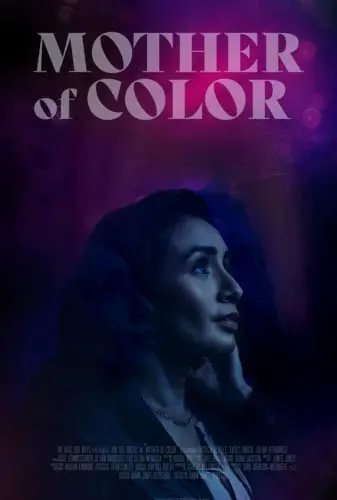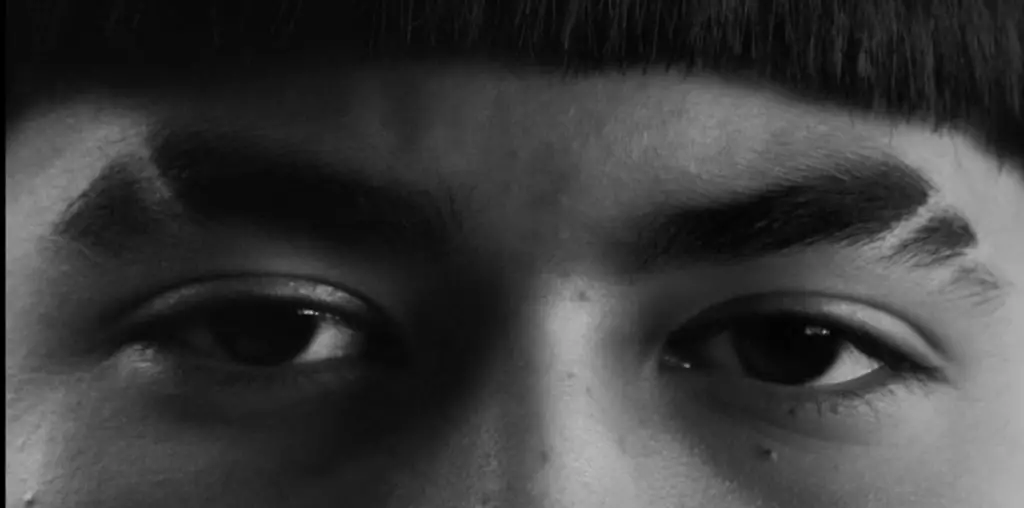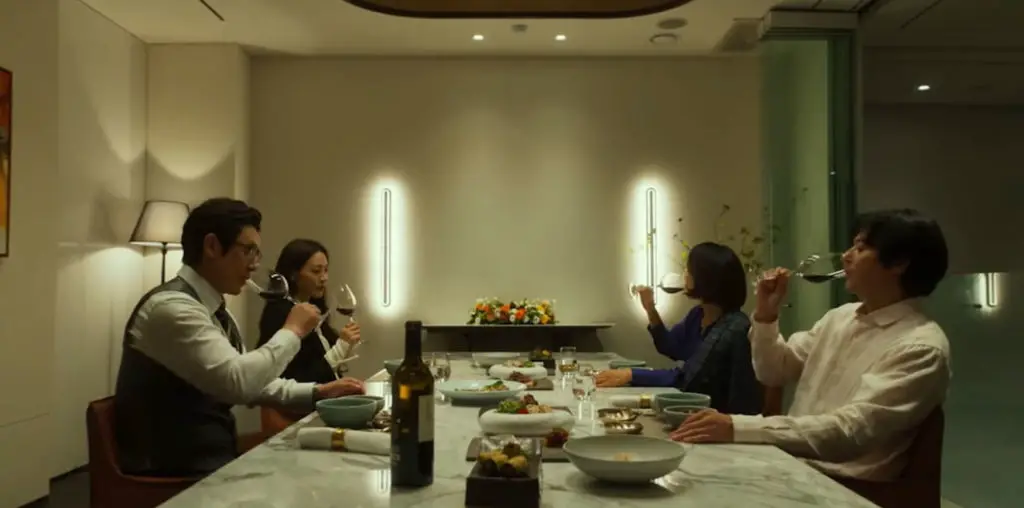
Mother Of Color is the feature-length debut of writer-director Dawn Jones Redstone. Ana del Rocío stars as Noelia, a single mother who works at a non-profit. Unfortunately, funds are tight, and she is let go. However, she gets a lead on a position in the local government that suits her to a T. The snag is that the only time she can be interviewed is tomorrow at 4pm.
Between getting her kids, Marco (Julian Hernandez) and Mau (Kasey Tinoco), from school and daycare, that timing is already a tough challenge. But Noelia winds up having the kind of day where everything that could go wrong does. On top of that, her tinnitus is acting up quite a bit. And what’s more, she’s having visions — hallucinations — of her ancestors that cause an even greater amount of suffering. Why is Noelia seeing these things? Can she truly change things even though she is just one person?
The reason to watch Mother Of Color is for Rocío’s singular performance. The actor is in every scene and proves to be a compelling presence. Noelia is so woke it is a little annoying, but Rocío makes her an endearing and sympathetic figure. Hernandez and Tinoco are also fun as the kids and share a natural chemistry with their on-screen parent.

“…Noelia winds up having the kind of day where everything that could go wrong does.”
Redstone’s direction is competent, but journeyman for most of the film. The exception is when Noelia becomes overwhelmed by her tinnitus and has her visions. The way the colors at that moment swallow and transport the main character shows that the director knows exactly what she’s doing. By keeping the plot as grounded as possible, it makes the impact of the semi-supernatural hallucinations even greater.
Despite all this good, the screenplay has some issues. The principal of Marco’s school tells Noelia that the “endless parade of strangers” coming to pick him up after school is unacceptable. She insists it must be Noelia and only one other person on the approved list. The problem is that how and why this is in some way disruptive to the administrators, teachers, assistants, or other students is never shown or explained. This is a clear case of discrimination as it is a rule being applied to only one person for no reason. Given how Noelia acts for so much of the 85 or so minute runtime, her reaction to this feels underbaked and not true to the character. It is an odd moment, to say the least. Then there’s a moment at a park wherein two strangers are pulling Noelia this and that way. It is shot in slow motion and comes across as unintentionally goofy.
Despite its flaws, Mother Of Color is a solid little drama. The direction seems simple but subtly adds layers to the story. More importantly, the acting, specifically the raw performance of Ana del Rocío, is a thing of sheer beauty and carries the production over any stumbling blocks.

"…[Rocío] proves to be a compelling presence."


